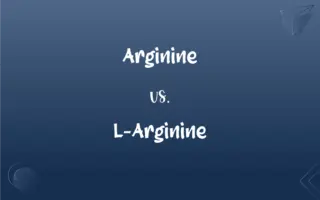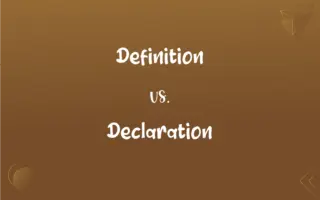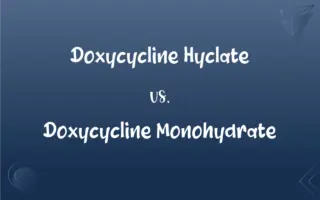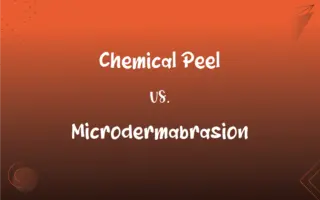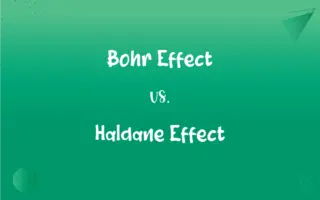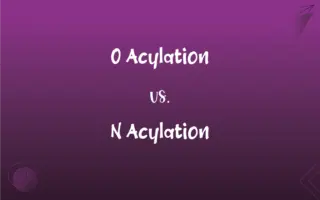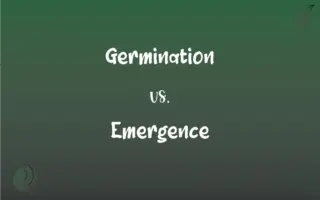Catalysation vs. Catalysis: What's the Difference?
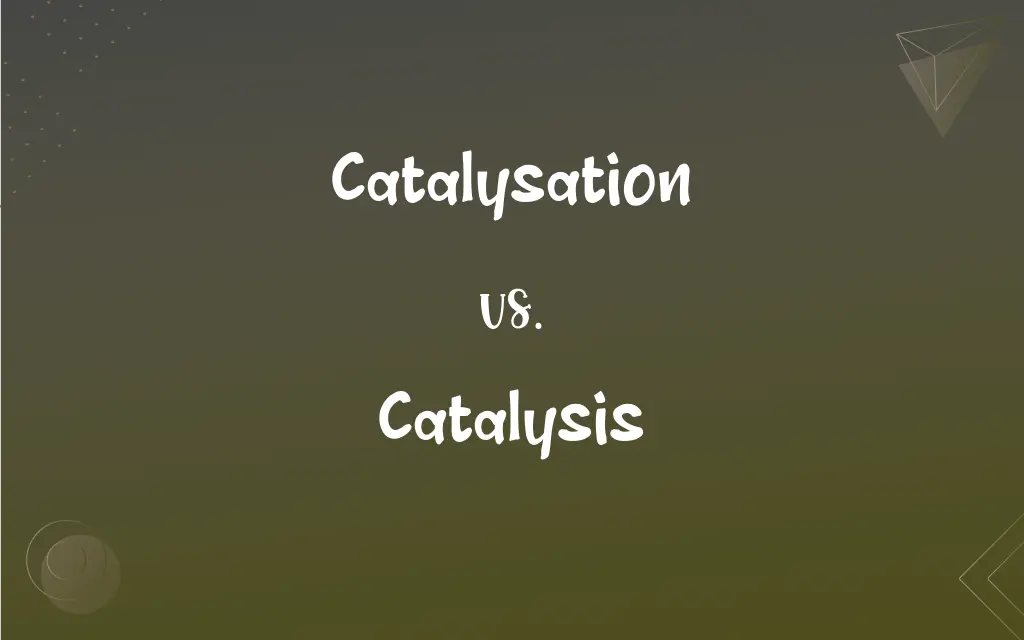
Catalysation and Catalysis Definitions
Catalysation
Catalysis.
Catalysis
The action of a catalyst, especially an increase in the rate of a chemical reaction.
Catalysis
(chemistry) The increase of the rate of a chemical reaction, induced by a catalyst.
Catalysis
Dissolution; degeneration; decay.
Sad catalysis and declension of piety.
Catalysis
A process by which a chemical reaction is accelerated in the presence of certain agents which were formerly believed to exert an influence by mere contact. It is now believed that such reactions are attended with the formation of an intermediate compound or compounds, so that by alternate composition and decomposition the agent is apparenty left unchanged; as, the catalysis of making ether from alcohol by means of sulphuric acid; or catalysis in the action of enzymes (as diastase, or ptyalin) on starch.
ADVERTISEMENT
Catalysis
Acceleration of a chemical reaction induced the presence of material that is chemically unchanged at the end of the reaction;
Of the top 50 commodity chemicals, 30 are created directly by catalysis and another 6 are made from raw materials that are catalytically produced

























